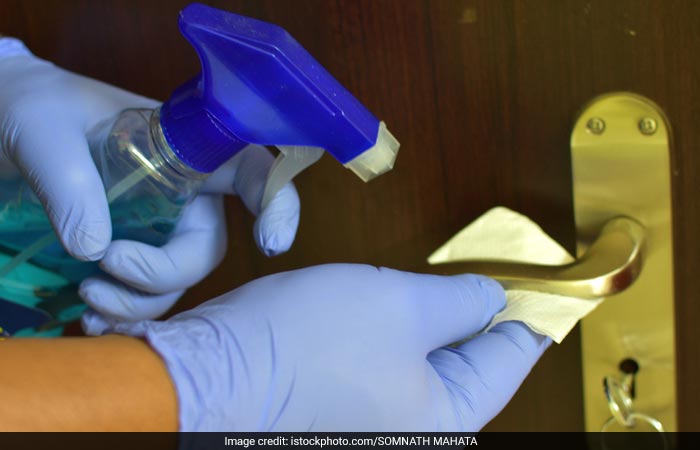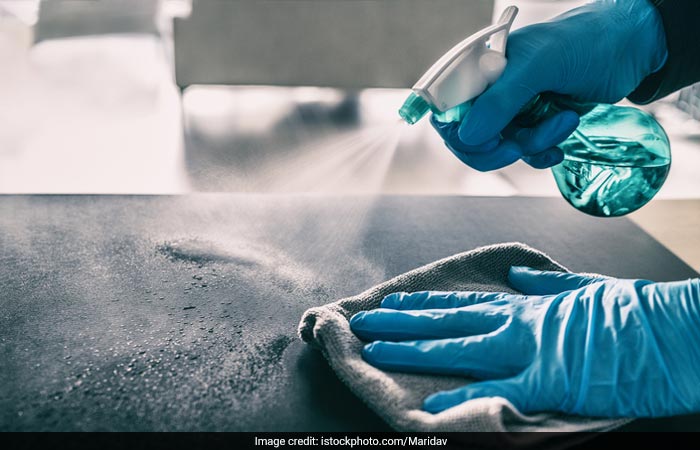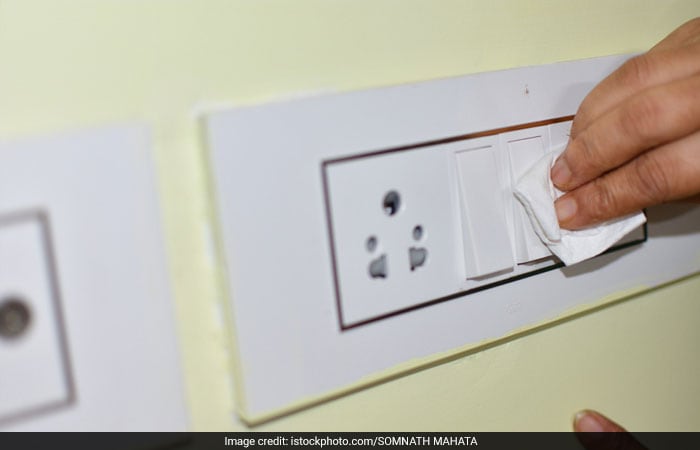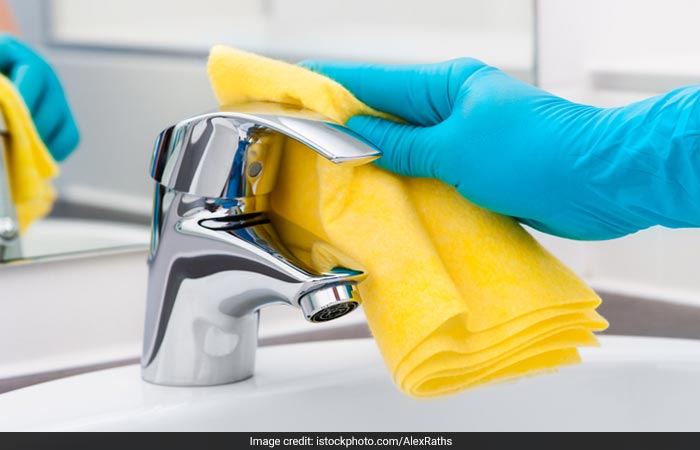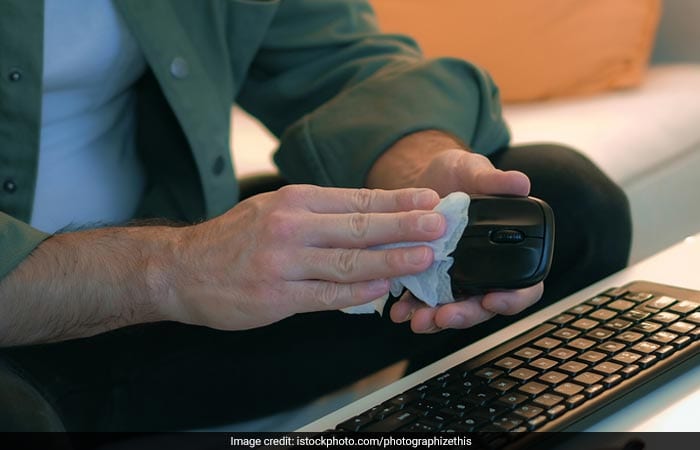Five High-Touch Surfaces At Home That You Should Clean Daily To Reduce COVID-19 Risk
The world is in the middle of a pandemic and according to experts, cleaning and disinfecting high-touch surfaces at home regularly is an important precaution to lower the risk of transmission of the infection. Sanchit Gaurav, CEO and Founder, Housejoy, a home construction and renovation company, asserted that lack of sanitation paves the way for micro-organisms to enter the home and causing various diseases. He said, 'Usually we deem spotless and visibly clean surfaces as safe, however, viruses and bacteria can thrive on places such as kitchen counters, tabletops, washrooms, doormats, curtains. One should periodically deep clean their home, especially the high-touch surfaces.' He further said that the ongoing COVID-19 crisis has established the importance of personal and home hygiene and safety. According to Vikas Bagaria, Founder, Pee Safe, cleaning alone is not enough when it comes to dealing with viruses like coronavirus. He recommends first cleaning the surface and then disinfecting it. He said that while on one hand cleaning is removing contaminants from a surface, disinfecting help in killing the pathogens. He said that to clean and disinfect high-touch surfaces at home, use a solution of water and detergent and dip washable items into the mixture for at least 30 seconds and then clean the items with plain water followed by spraying a disinfectant. For items that cannot be dipped into water, use surface protectant or 70 per cent alcohol to sanitise those items, he said. Following are the five surfaces, as per experts, that one must pay more attention to and clean and disinfect regularly to reduce COVID-19 risk.
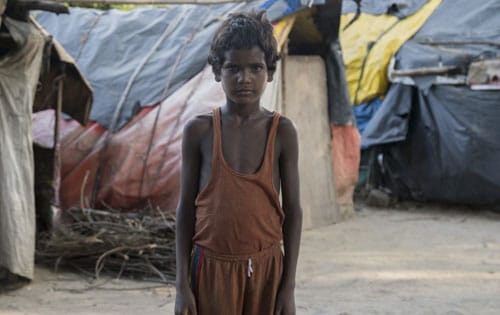
Nearly 20 lakh children live on the streets of India, without an identity, a name to call their own, a place to call home, sleeping on empty stomachs for days and nights. These twenty lakh are children, who have dreams, who have rights, who are our tomorrow. They are living in the shadows today.
During these unprecedented times, not everyone can afford the privilege of social distancing. And not everybody can stay home during the lockdown, simply because they don’t have a home. Those living in poverty are extremely vulnerable, struck with a sudden lack of funds, food, mobility and a struggle for survival. And, as with all humanitarian crises, it is the children who have been affected the most.
It is always the children on the street who are subjected to some of the harshest realities of life. Today they are battling a catastrophic crisis, and it’s time we step in to protect them.
As a part of our COVID-19 response, Save the Children is working across various regions and has already directly reached over 18,000 children and adults to cover their basic needs. The organisation is ensuring their daily needs and their dignity and hygiene are also being cared for. Save the Children has identified 2.5 lakh children in cohorts, across 10 cities in India. Reaching out to these children with emergency relief is a top priority. But this cannot be done alone.
Save the Children and NDTV join hands to bring focus to the lives of children living in street situations. As India fights the Coronavirus, we must not forget one of the most marginalised and excluded groups whose lives have been long ignored – street-connected children. The 21-day campaign will generate public interest and raise funds to ensure these 20 Lakh+ children who live, earn, sleep and eat on our streets are cared for and protected. Amidst the crisis the world is facing, they are most vulnerable, exposed to infection and disease.




